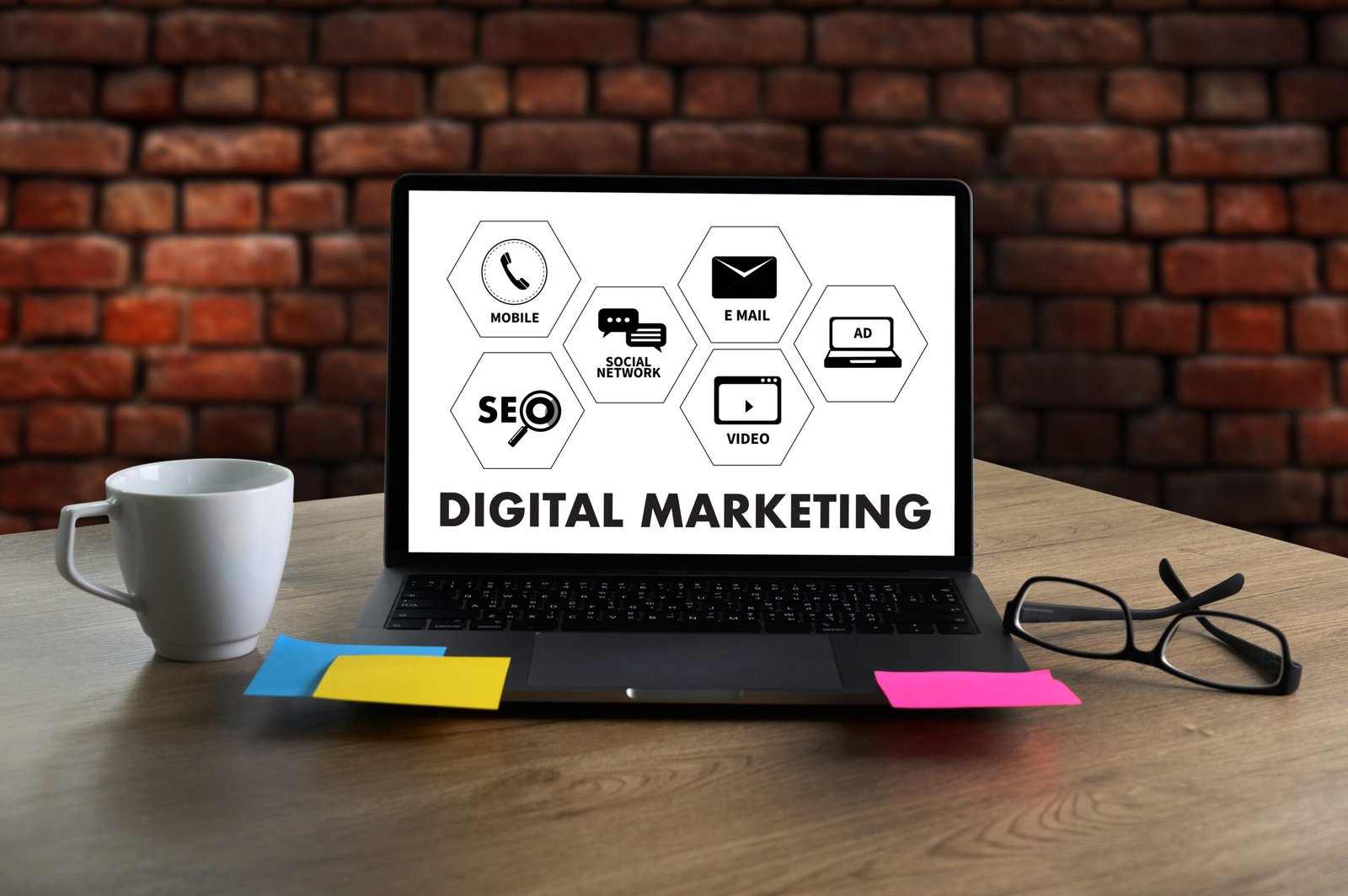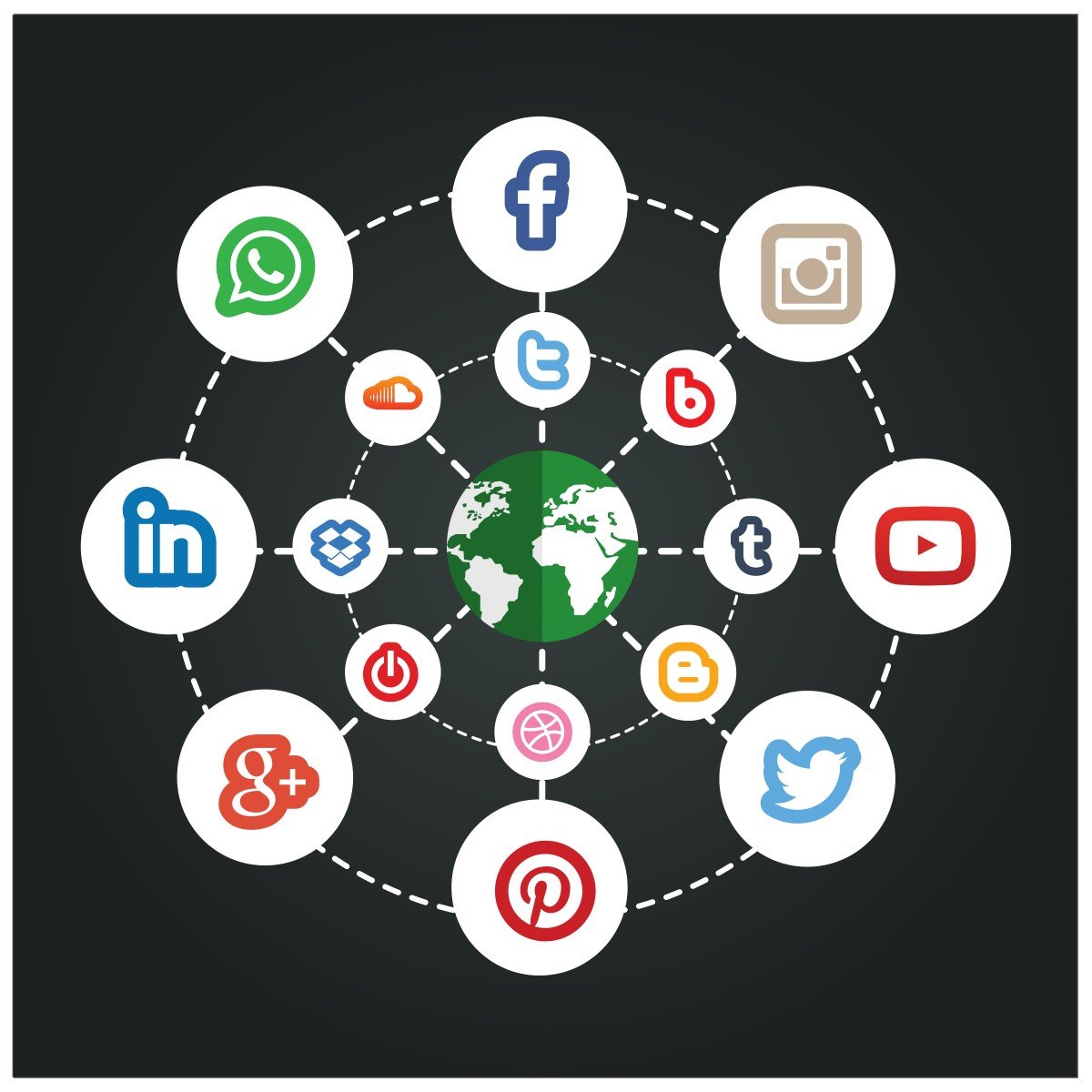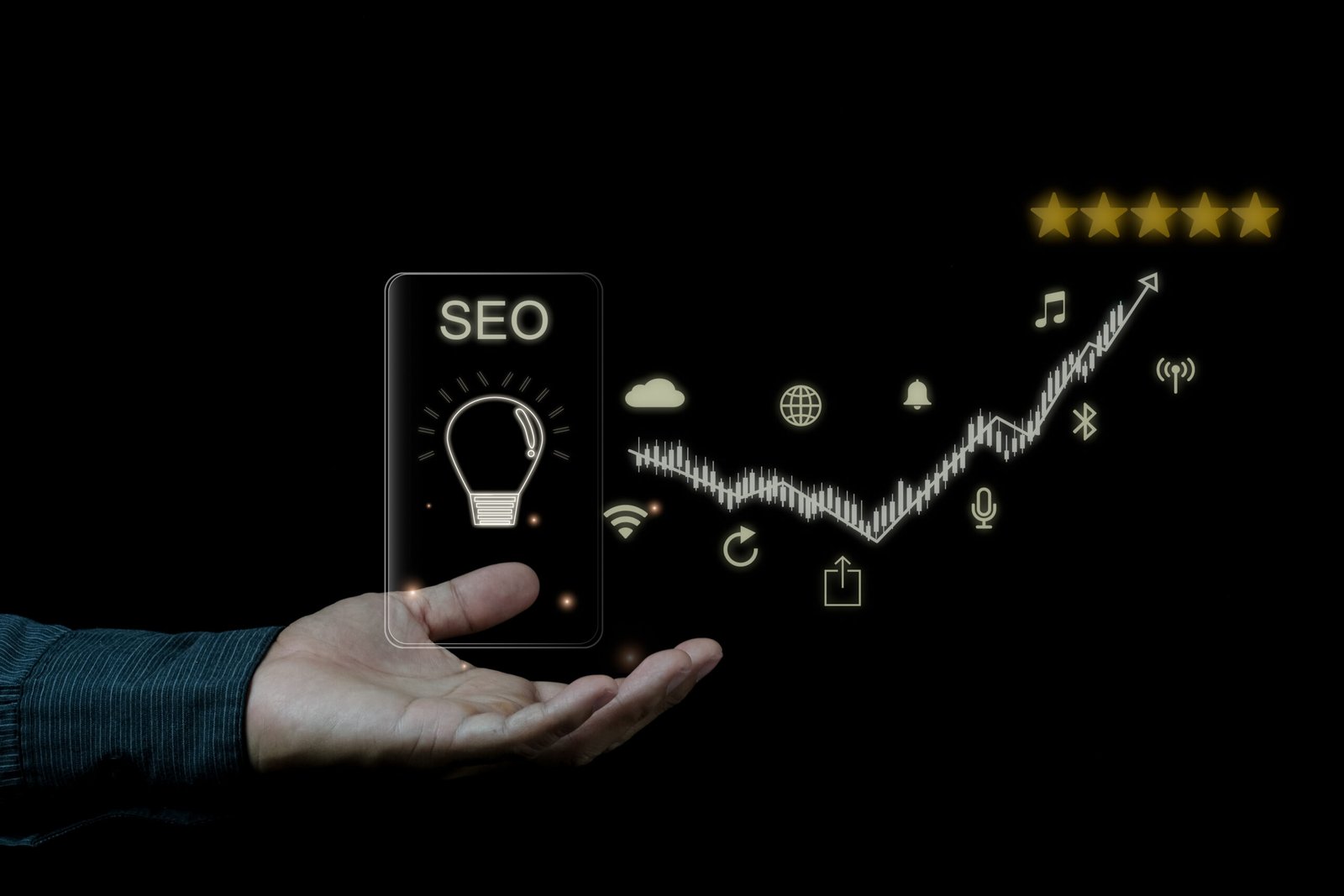
Staying ahead of the curve in the ever-changing landscape of digital marketing is critical for organizations trying to effectively engage with their customers. Artificial intelligence (AI) has been one of the most transformational technologies in recent years. We realize the critical role of AI in influencing the future of digital marketing at Cognitive Branding, a leading Digital Marketing Agency in Dubai. In this article, we will look at the importance of artificial intelligence in digital marketing and how it may help your company.
a. The Revolution in Digital Marketing
In recent years, the digital marketing landscape has undergone a tremendous upheaval, and AI has been at the centre of this evolution. Before getting into the role of AI, it’s important to understand why it’s such a game changer:
b. Data Expansion
Every second, the digital world generates massive volumes of data. Consumer behavior, online interactions, and transactional data are all useful information sources. Advanced tools and technologies are required to manage and derive insights from enormous data.
c. Personalization Expectations
Today’s consumers expect individualised experiences. To remain competitive, organisations must deliver hyper-personalised encounters, whether it’s specialised product recommendations, content, or marketing communications.
d. Automation and Efficiency
With the increasing complexity of digital marketing, automation and efficiency are becoming increasingly important. Data analysis, content production, and campaign optimization are examples of manual processes that can be time-consuming and prone to human mistake.
e. Decision-Making in Real Time
Because of the rapidity of digital interactions, real-time decision-making is required. Brands must respond swiftly to client enquiries, adapt to changing market conditions, and embrace opportunities as they present themselves.

Let us now look at the essential role of artificial intelligence in tackling these issues and improving digital marketing:
1. Insights and Data Analysis
AI excels in rapidly processing and analyzing large datasets. Within your data, machine learning algorithms can identify hidden patterns, correlations, and trends. Marketers can acquire greater insights into consumer behavior, preferences, and purchasing habits as a result, enabling for more informed decision-making.
2. Scalable Personalization
Personalization powered by AI is a major changer in digital marketing. It enables marketers to build highly tailored experiences for individual consumers as the audience size grows. AI guarantees that each customer feels recognized and valued, from personalized email recommendations to customized product suggestions on e-commerce platforms.
3. Customer Service and Chatbots
Chatbots driven by AI have transformed customer assistance and engagement. They can manage normal client inquiries, respond quickly, and even provide product recommendations. Chatbots ensure that consumers receive prompt support, which increases customer happiness and retention.
4. Predictive Analytics
AI-powered predictive analytics assists marketers in forecasting future trends and customer behavior. AI can estimate which items or content are likely to be popular by evaluating historical data, allowing firms to proactively change their strategies and offerings.
5. Content Development and Curation
From blog articles and social media postings to product descriptions, AI systems can generate content. While AI-generated material is often utilized as a starting point, it can dramatically accelerate content generation while also providing ideas for human writers to develop.
6. Optimization of Email Marketing
By studying receiver behaviour, AI can optimise email marketing efforts. It can figure out when to send emails, tailor subject lines and content, and even partition email lists for improved targeting and engagement.
7. SEO (Search Engine Optimization)
AI aids marketers in identifying relevant keywords, analysing search patterns, and optimising website content. AI-powered SEO tools propose ways to improve website ranks and exposure in search engine results.
8. Programmatic Marketing
AI algorithms are used in programmatic advertising to automate ad buying and placement in real time. This ensures that advertising is delivered to the most appropriate people at the right moment, resulting in increased ad efficiency and less ad spend waste.
9. Insights from Social Media
Artificial intelligence algorithms can assess social media interactions and sentiment in real time. Marketers can learn about brand perception, monitor mentions, and discover developing trends or difficulties. This data assists brands in fine-tuning their social media strategies and engaging with their target audience.
10. Voice Search Optimization
With the rise of voice-activated devices such as smart speakers and virtual assistants, optimizing for voice search has never been more important. AI assists organizations in comprehending and adapting to voice search inquiries, which frequently differ from typical text-based searches.

11. Optimization and A/B testing
A/B testing of numerous marketing elements, such as ad creatives, landing pages, and email subject lines, may be automated using AI. It continuously evaluates the performance of various variations and makes recommendations to improve conversion rates.
12. Detection of Fraud
AI is extremely useful in detecting and preventing fraudulent activity, such as click fraud in pay-per-click advertising or fraudulent e-commerce transactions. It protects marketing spending and income streams.
13. Analysis of Competitors
Artificial intelligence tools can track and analyze competitors’ digital marketing strategies. Tracking their ad budget, keywords, and content performance are all part of this. These insights allow brands to fine-tune their own strategies and remain competitive.
14. Recommendation Engines for Content
AI-powered content recommendation systems can promote relevant articles, items, or movies to users based on their browsing history and interests. This keeps users interested and encourages them to stay on the website longer.
15. Customer Segmentation
Customer segmentation powered by AI extends beyond demographics. It takes into account your brand’s activity, buying history, and interactions. This allows for more exact targeting and messaging to various client segments.
16. Mapping the Customer Journey
AI assists in the creation of detailed customer journey maps by studying user behaviors across several touchpoints. This mapping enables brands to understand the customer’s journey, pain points, and preferences, allowing them to optimize each step of the journey.
17. Dynamic Pricing Techniques
AI-powered dynamic pricing techniques are important for e-commerce enterprises. These algorithms optimise revenue and profit margins by adjusting prices in real time based on parameters such as demand, rival pricing, and inventory levels.
18. Voice Search Content Optimization
With the growth of speech-activated devices, it is critical to optimise content for voice search. AI can evaluate voice search queries and assist design information to successfully answer typical speech-based enquiries.
19. Marketing Automation
AI-powered marketing automation tools can help you run your campaigns more efficiently, from lead nurturing to drip email campaigns. These solutions enable personalised communication and offer the appropriate content to the appropriate audience at the appropriate time.
20. Hyper-Personalization
By taking into account individual tastes, actions, and real-time data, AI enables hyper-personalization. An AI-powered chatbot, for example, might engage visitors with personalized messages based on their browsing history and activities.
21. Marketing through Multiple Channels
Coordination of marketing activities across multiple platforms can be difficult. AI can help with multichannel marketing initiatives by maintaining a consistent and synchronized strategy across channels such as social media, email, and websites.

22. Retention and Loyalty of Customers
By evaluating their behavior and purchasing history, AI can anticipate customer churn and identify at-risk clients. After that, brands may develop tailored retention measures to keep key customers engaged and loyal.
23. Prediction of Content Performance
AI can forecast how content will perform before it is ever published. It can predict how effectively a piece of content will resonate with the target audience by evaluating past data and patterns, allowing marketers to make more educated decisions.
24. Dashboards and real-time reporting
Artificial intelligence-powered reporting systems provide real-time insights on campaign performance. Marketers can track critical indicators, measure conversions, and alter strategy on the go to achieve the best outcomes.
25. Compliance with Ethical Marketing
AI can help ensure that marketing campaigns follow ethical rules and legislation. It may recognize potentially sensitive information and flag it for review, assisting brands in avoiding scandals and maintaining a positive reputation.
26. AI-Powered Email Marketing
AI improves email marketing by personalising send times, subject lines, and content for each recipient. It also aids in the reduction of email fatigue by establishing the optimal frequency of contacts for each user.
27. Augmented Content Development
AI tools can help content creators by proposing subjects, creating outlines, and even assisting with writing. This simplifies the content development process and ensures constant output quality.
28. Improved Customer Service
Customers can get help from AI-powered chatbots and virtual assistants around the clock. They can respond to typical questions, provide product recommendations, and escalate difficult situations to human agents as needed.
29. Predictive Lead Scoring
AI analyses leads’ interaction, behavior, and demographics to determine their likelihood of converting into consumers. This enables sales teams to rank leads and target prospects with the best conversion potential.
30. Adaptation and Continuous Learning
One of the most significant advantages of AI in digital marketing is its capacity to continuously learn and adapt. As more data and insights are gathered, AI algorithms develop, ensuring that marketing campaigns remain effective and relevant.
Artificial intelligence has emerged as the driving force behind cutting-edge and extremely effective digital marketing methods. Its ability to process massive amounts of data, personalize experiences, automate tasks, and make data-driven decisions has transformed the way organizations interact with their customers.

As a Digital Marketing Agency in Dubai, Cognitive Branding is at the forefront of utilizing AI to assist organizations in achieving their digital marketing objectives. Contact us today if you’re ready to unleash the full power of artificial intelligence in your digital marketing efforts. Let’s work together to design AI-driven campaigns that connect with your audience, deliver extraordinary results, and position your company as a digital leader.






